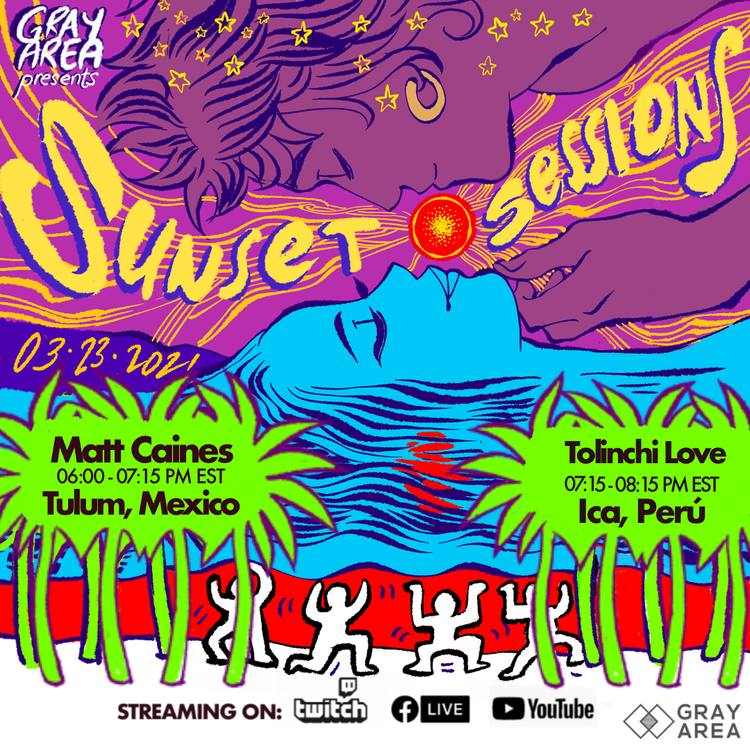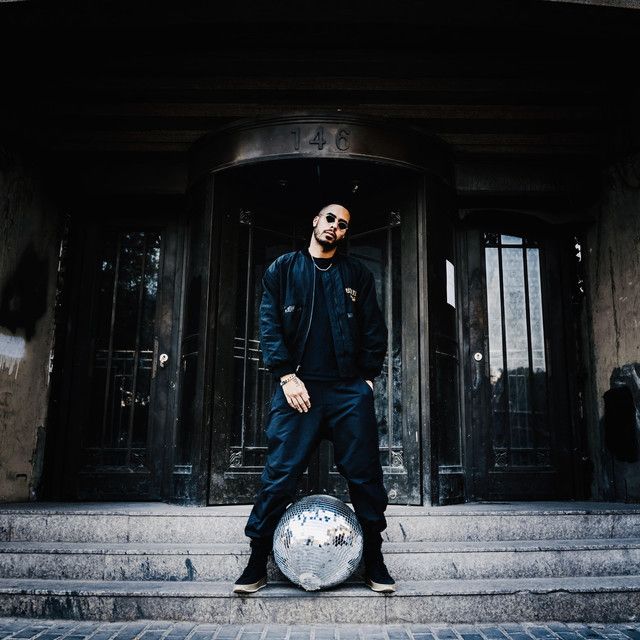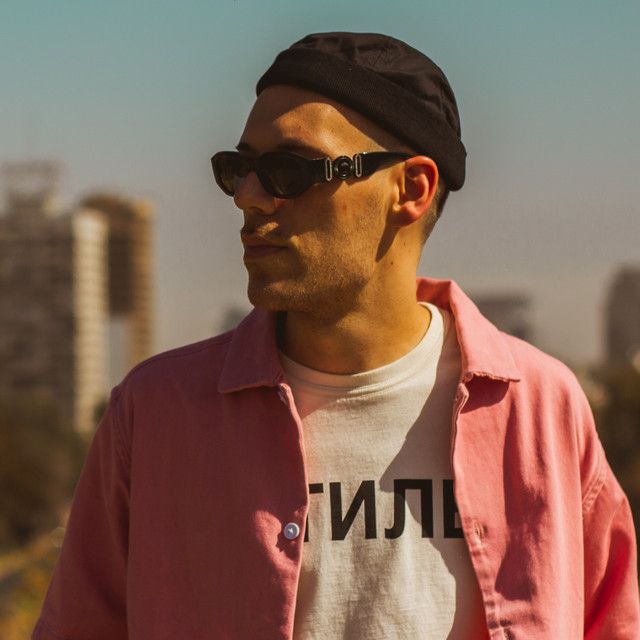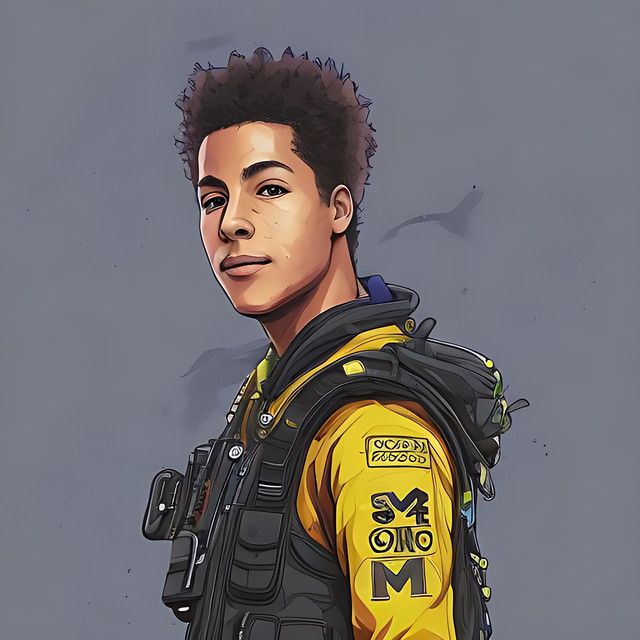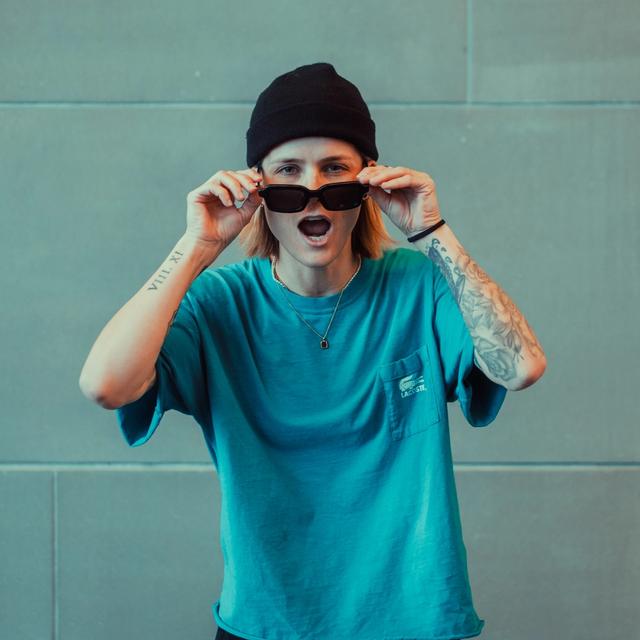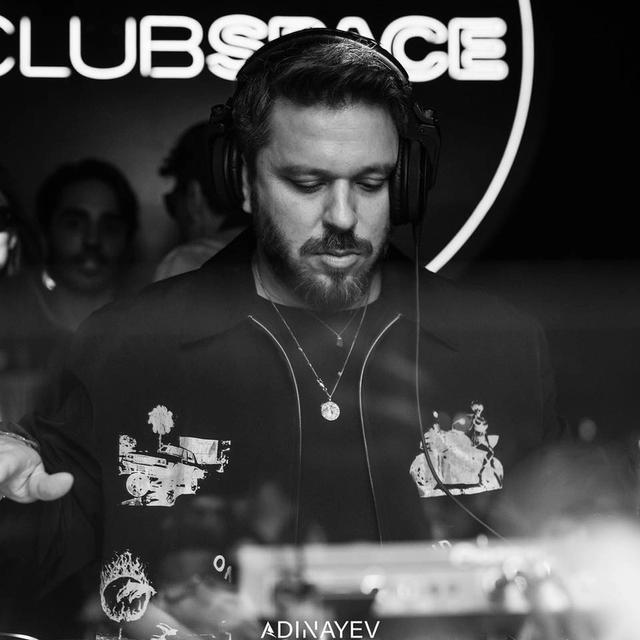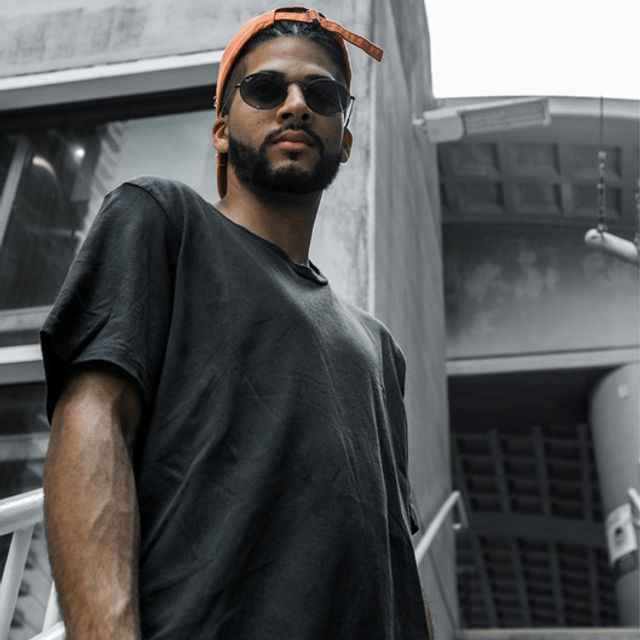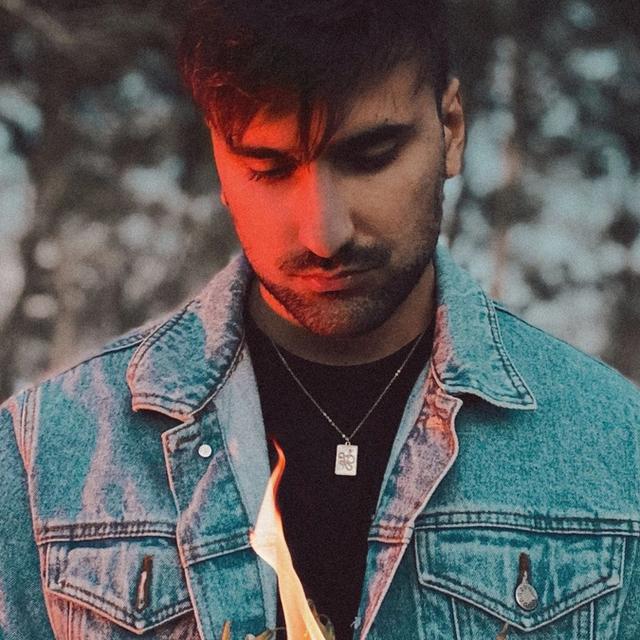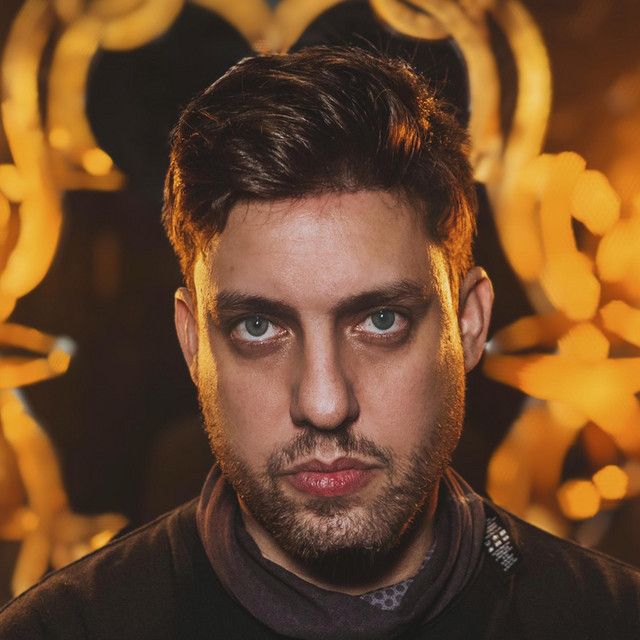Artist Spotlight
What genre would you describe your music as? House-tech music (not tech-house, I call it house-tech if you know what I mean) Where are you from? Lima, Peru What age did you start DJing? 24. I am the Luke Skywalker of the DJs – start late, became a Jedi Master fast. If you weren't a DJ, what would you be doing for your career? Directing and producing audiovisual content. What's your favorite artist/style of music outside of dance music? Pink Floyd, The Beatles, James Brown, Prince, Jamiroquai, Gustavo Cerati, and more. Blues, rock, funk, soul, and roots. TolinchiLove never intended to be an ambassador for the Peruvian house music scene. He didn’t even intend to be a DJ or producer, “I only wanted to dance. I just wanted to party and connect with people.” He was simply a well-known raver and occasional promoter in Lima, Peru. He entered his local rave scene at 17 with his eyes and ears open and spent nearly 10 years absorbing music and culture. And then in 2010 sought to apply that knowledge to a sound that’s soaked in the nostalgiac beauty of classic house. A sound that he says is, “A joyful funky groove. An exciting clubbing dance house vibe.” South America is home to a thriving group of artists drawing international attention to a well-established dance music community spread across the continent. “We are the first generation of Peruvian artists that are coming outside,” he says. He’s proud to be an ambassador of a dance music culture whose history dates back to the ’90s. It’s stayed insular due to a lack of resources to gain an international audience. “We used to import a lot of talent in the 90s. We knew a lot of music for a third world country. We started as a little community and then it spread. So we're the first generation of professional artists that are here for real, [that] know how to manage our careers. in Peru, that is very difficult because there is no managing. There are no agencies. We are the first ones that are learning how to do it and teaching how to do it to others. It's important for us to be acknowledged because we are representing the people that are coming behind us. We are opening doors.” He hesitates to call himself a pioneer though. “There's always people saying that pioneers are not only ones. There are other pioneers in another kind of way." He always pays respect to those that came before him. The DJs that taught him how to DJ, and first exposed him to dance music. Tolinchi and other Peruvian house producers like Ammo Avenue and Chinonegro are among the first to receive international attention. And for someone who only cared to dance the night away, he couldn't be happier. He's spreading that joy to others. It's like his life has come full circle he says, "We are the first ones and were happy about it. And that's why we take [it] so seriously. We’re making art. Communicating something.“ Tolinchi is humble when it comes to calling himself a musician. He values his work, but he sees it as a form of audio archeology. “The music is not that complex. We are not musicians. We work with musicians. We are musical people like musicians. But we as producers take stuff from all the knowledge we know about music. And that’s why we can do some of the things we do. Because of the love of music. We are like the Indiana Jones of music.” His digging began early on when he discovered a group of DJs who were pioneers of classic house music but had never traveled to Peru. Dennis Ferer, Masters at Work, and Frankie Knuckles had a lasting impact on Tolinchi and are forever coded into his musical DNA. But none more than Danny Tenaglia, who he now calls a close friend. “Danny was the first one. When I was first learning dance music the parties I could go to were only techno parties or early progressive. I wanted another kind of music. Another vibe. A friend of mine showed me BackToBasics disc one and it was incredible." It was the first time he recognized DJing and house music for all that it was. A beautiful roadmap of perfect track selection and precise transitions. Peru offered plenty of opportunities for music discovery. But something was still missing for him. “All that mattered to me was why is this music not here. Why can’t I listen to this music? It was so musical. It was another school of house music that never came to Peru. So we don’t have the real house culture. I have to look it out and try and get it to my country.” His career as a DJ is that dream realized. The mission to bring the sounds of classic house to Peru and South America began to materialize when he first stepped up to the decks. And as he looks back on his journey from raver to DJ to international producer, he’s happy that he’s been able to spread the good word of house music to so many people. “My mission in the world is to spread that message and that’s exactly what I have to do. Before college, it was the perfect road to the dream. I was already living the dream. From a lot of time working in Peru being nobody to where I was touring all of South America. I have something to say and something to give to electronic music. For me it is a dream come true.“

